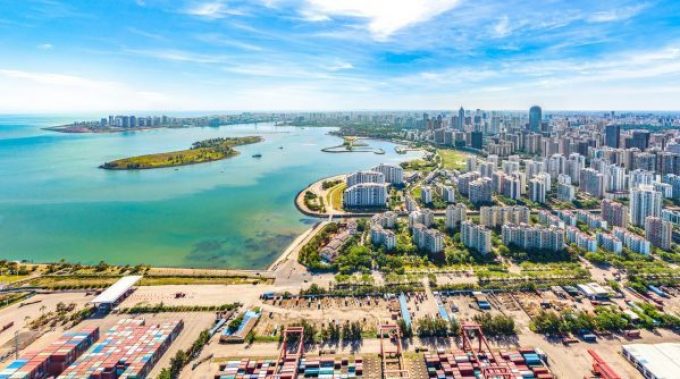With the US and EU putting up barriers, Chinese EVs could divert to SE Asia
Automotive intelligence company Jato has identified a lucrative alternative market for Chinese electric vehicle (EV) ...

Discussions on developing the maritime economy in a post-pandemic world cannot take place in a shipping bubble. Maritime economies are part of the global trade network and must be seen as a significant and critical element of global trade.
Today’s discussion at an International Chamber of ...
Keep our news independent, by supporting The Loadstar
Four crew members still missing as Wan Hai 503 continues to burn
Explosions and 'out-of-control' fire reported on Wan Hai box ship
Carrier price hikes hold, driving spot rates higher as space gets scarcer
Crew forced to abandon ship in latest fire on vessel carrying EVs
The Loadstar Podcast | Transport Logistic and Air Cargo Europe 2025
Transpacific rates ease as capacity boost proves too much for trades to digest
Turkish Airlines falls foul of air safety regulations, claims India's aviation authority

Comment on this article